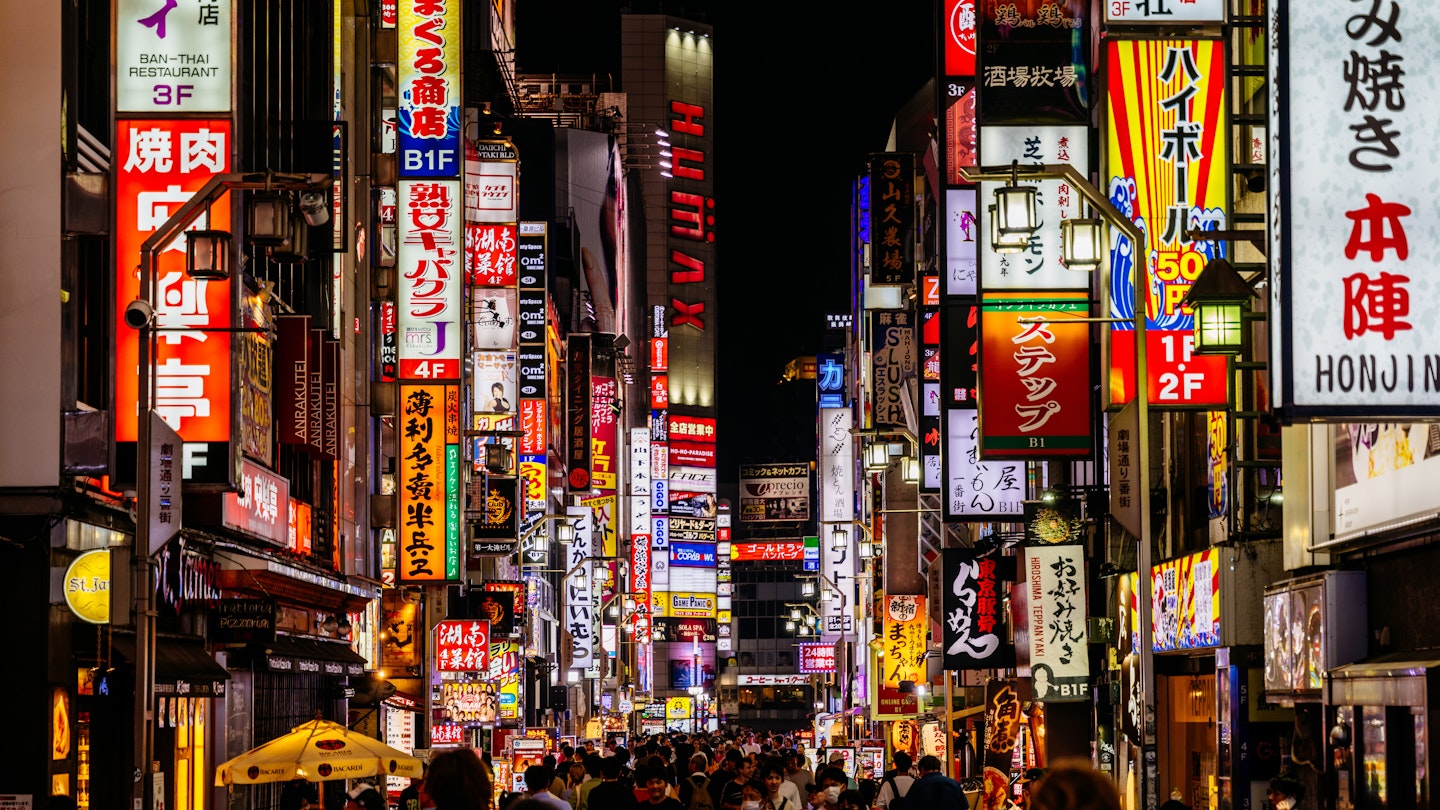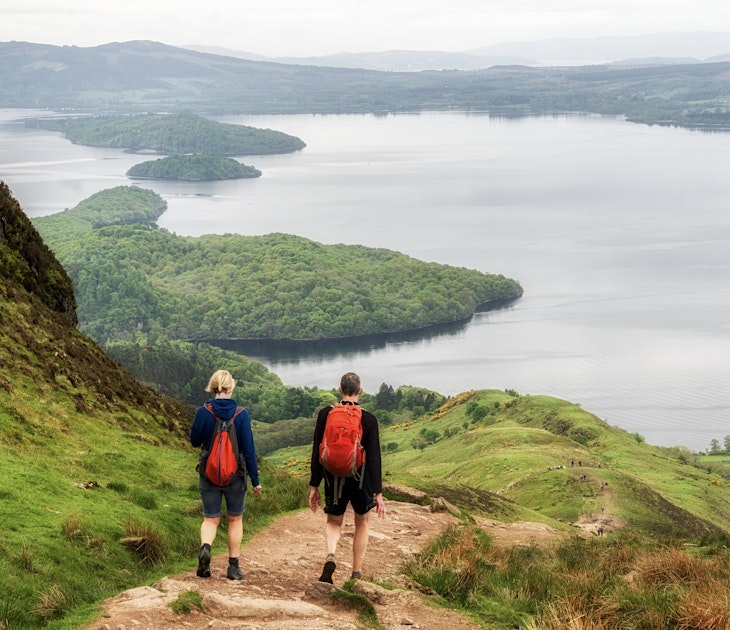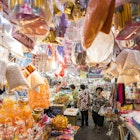
When I moved from the UK to Tokyo, my original plan was to stay for one year. It’s already been seven, for one simple reason: it’s hard not to fall in love with the place. The largest metropolis in the world, the city boasts 23 wards, each with its own specific charm, and it’ll take more than a lifetime to discover them all.
From the neighborly community of Shimo-Kitazawa to the neon brashness of Shinjuku, there really is something for everyone. I’ve compiled this wide-ranging list to cover some of the most popular Tokyo attractions, some unique things to do in Tokyo, and a few local secrets.
When to visit: the best times are from September to June, avoiding the hot, humid summer months and June’s rainy season.
How to get from the airport: The easiest way to get to the center of Tokyo from Narita Airport is to use the Narita Express train (ÂĄ3250). The cheapest direct method is the highway bus at ÂĄ1500.
Getting around town: the Japanese train system is said to be the best in the world, and it's easy to see why. For visitors, and many locals too, it’s the most convenient form of transport, although buses and bike sharing schemes like Hello Cycling are available. The trains stop around midnight, so be careful to keep an eye on the time if you’re far away from your accommodation. To ensure you can get around easily, get the Welcome Suica transport card from in the airport when you land. This will save you a lot of time, so you don’t have to buy a new ticket every time you ride the train.
Where to stay: Places like Ginza, Shinjuku and Shibuya are all very easily accessible, which is what you want if you’re in Tokyo for a short time. If you prefer a bit of peace and quiet, head just outside these areas, to Tomigaya (a 20-minute walk to Shibuya), or Yoyogi (a 15-minute walk to Shinjuku).
Cash or card: Many places in Japan only accept cash, so it’s important to bring some with you, especially if you’re visiting smaller, independent establishments.
Venues may permit smoking: Some places allow smoking inside, so check reviews before you go if you’re averse to cigarette smoke.

Friday
Morning: For your first day in Tokyo, get out nice and early to have breakfast at a nearby kissaten (Japanese old-school cafe). Kissaten do a great deal in the morning, known as a “Morning Set” – a western-style breakfast, done the Japanese way.
The exact components vary greatly from place to place, but they generally include fluffy, white Japanese toast, an egg, and your choice of drink. in Asakusa is open from 6.30am, and serves an unrivaled selection of morning options, from the kissa classic toast set, to its Japanese style rice balls and fish.
How to spend the day: Wander around the area, making sure to stop by ł§±đ˛Ô˛őĹŤ-Âáľ±, one of the most famous shrines in Tokyo. Its superior size and the majestic Kaminari-mon are enough to impress even a seasoned shrine-goer. Remember to purify your hands in the Omizuya (water station) before you get in.
Once you’ve finished in Asakusa, head towards Kappabashi, along the Sumida River for awe-inspiring views of Tokyo Skytree. Kappabashi is a shopping street known for its kitchen wares. Look out for specialist Japanese knives or plastic food samples. Fun fact: the area is named after a Japanese mythical creature, the Kappa. See if you can spot the little Kappa figures dotted around.
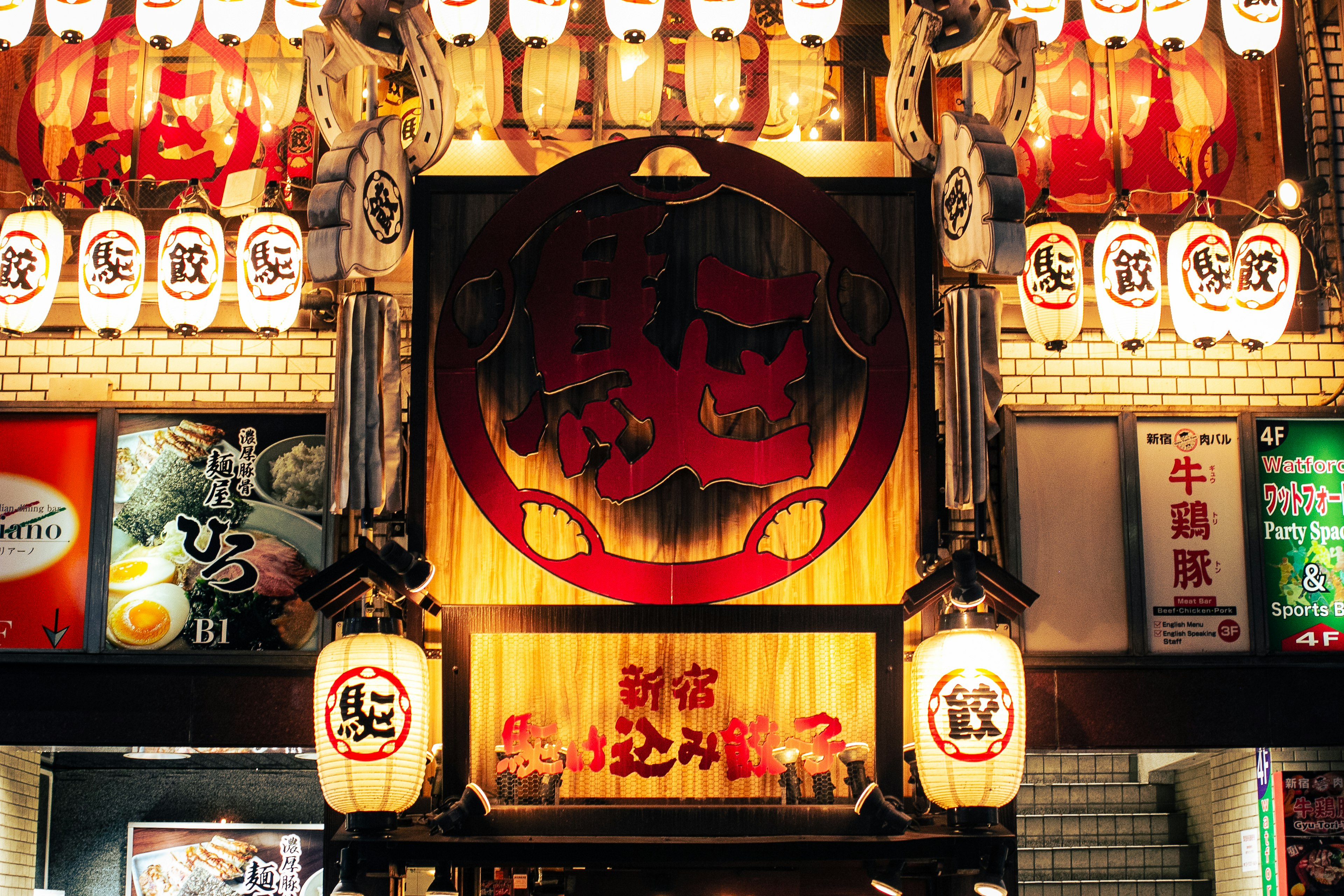
Dinner: When you get hungry, head over to Shinjuku for cheap gyoza at , a two-storey izakaya serving Japanese pub food including sashimi and oden (stewed vegetables, tofu and fish). Not only is it buzzing with energy at all times of the day (it’s open 24 hours), it also works to raise money for local non-profit, , which helps those in need, escaping troubles such as domestic violence.
Look around at the plaques on the wall, as these constitute donations raised for the charity. Try the lucky highball drink game, where the staff provide you with a dice – depending on your luck, you’ll either get a free drink or pay double the price!
Kakekomi Gyoza can get busy, but don’t worry if you can’t get in – there’s a great little kushikatsu place called Dengana (a few doors down) or (around the corner).

After dark: Kabukicho, Shinjuku comes alive at night. Its sights, smells and sounds make this one of the most stimulating areas in the whole of Japan. Spend the night checking out a Shinjuku yokocho (drinking alley) like Golden Gai, °żłľ´Çľ±»ĺ±đ-˛â´Ç°ě´Çł¦łóĹŤ or even Omoide Nuke Road, a hidden gem of a route that’s woven between the skyscrapers, and is packed with tiny bars, and a couple of larger ones, too.
Saturday
Morning: Chances are that you’ll have had a late night and may be feeling a little worse for wear. Head to your local convenience store to grab a hangover cure or even just a wake-up potion from its vast selection. The most zingy has to be Ukon no Chikara, which translates to Ginger Power, and comes in a shiny orange bottle. For food, grab a rice ball or something warm from the hot counter.

How to spend the day: Head over to teamLab in the afternoon, to be amazed at the sheer vastness of this digital art project. Depending on the branch you visit, you may have to wade through water while digital fish swim all around; or you may be surrounded by dazzling chains or interactive lights running floor to ceiling and then some, because the entire space is mirrored.
Reservations in advance are essential, because it’s near-impossible to turn up on the day. Reserve a few weeks (or months) before you land. There are currently two different teamLab locations: teamLab Borderless in Azabudai Hills (Roppongi) and in Odaiba. Both have their advantages, with Borderless arguably more instagrammable and Planets more tactile.
Bonus tip: Make sure you get some food in teamLab after, whether it’s the award-winning vegan ramen at Planets or the matcha and ice cream at Borderless.

Dinner: For dinner, it's time to live out your movie fantasy and go to Gonpachi. The branch in Roppongi was the setting for the famous Kill Bill fight scene, and the food is delicious. It does great sushi and tempura, with nice vegan options as well.
After dark: If you fancy checking out the local music scene, Shimo-kitazawa is a good place to start, with bars like and open from 7pm for shows featuring a range of local bands and live acts. If you’re more of a clubber, places like in Shinjuku or in Shibuya provide a good introduction to Tokyo nightlife.
If you’re continuing with the Hollywood theme, it’s time to do your best Lost in Translation impression, and head over to the cocktail bar in the Park Hyatt Hotel in Shinjuku (currently closed for major renovations, it’s set to reopen in a spectacular way from October 2025). Sample a cocktail or two while looking out over the Tokyo skyline as it twinkles in the night, then head into town for some late-night karaoke, or even a late-night parfait at 24-hour kissaten, .
Sunday
Morning: On your final day, it’s time to relax and do some shopping. Start the day in Tomigaya, at a third wave coffee shop like or Rostro. Sample the matcha latte or the espresso tonic.

How to spend the day: Make like the locals and hang out in Yoyogi Park, taking a selection of Japanese sweets from for a picnic. There is so much to see and do that you can while away the whole morning here. On Sundays, you’ll be able to catch the Strangers, a veteran group of Elvis-like rock-a-billys, strutting their stuff near the Meiji-jingū shrine entrance. If you head over to the outdoor stage area, chances are that there will be a free festival or performance on.
Mid-afternoon, stroll down to °żłľ´ÇłŮ±đ-˛ő˛ą˛Ô»ĺõ. Sometimes referred to as the greatest free architecture exhibit, this tree-lined boulevard is packed with designer shops, each clamoring for your attention with its jaw-dropping architecture.
If you fancy a bit of calm and culture amidst the hustle and bustle, check out the former studio of artist Taro Okamoto further up the road. Now a museum, the space boasts its own sculpture garden and even a cake shop.

Dinner: For dinner, it’s time to head to Shibuya culture hub, PARCO. It has everything you could possibly want, from Pokemon and Nintendo Stores to the trendiest Japanese designers, like John Lawrence Sullivan and loungewear brand, Pamm. Across two levels of the 11-storey building, you’ll find a host of eateries, from Rice and Circus, a Japanese izakaya serving up creepy crawlies, to vegan ramen at Jikasei Mensho, and fun conveyor belt sushi on the seventh floor.
After dark: If you’re solo or in a small group, have a nightcap at a chilled music bar nearby. These tiny bars are a Japanese specialty, perfect for listening to music or chatting in hushed tones, reflecting on how great your time in Tokyo has been. In Shibuya, hit up dens like JBS (Jazz, Blues and Soul) for the retro vibe or Bloody Angle for a trendy neon tip.
Explore related stories


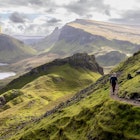

 ActivitiesThe best time to visit Wales for food, hiking or bog snorkeling
ActivitiesThe best time to visit Wales for food, hiking or bog snorkelingSep 25, 2021 • 4 min read
 Tips & AdviceAsk LP: what do I need to know about driving in Europe after Brexit?
Tips & AdviceAsk LP: what do I need to know about driving in Europe after Brexit?Jan 27, 2021 • 4 min read

 Destination Practicalities21 local tips to know before traveling to England
Destination Practicalities21 local tips to know before traveling to EnglandNov 21, 2024 • 9 min read
 Destination PracticalitiesHow to get your cell phone connected in Japan: eSIMs, wi-fi and mobile networks
Destination PracticalitiesHow to get your cell phone connected in Japan: eSIMs, wi-fi and mobile networksNov 20, 2024 • 6 min read


